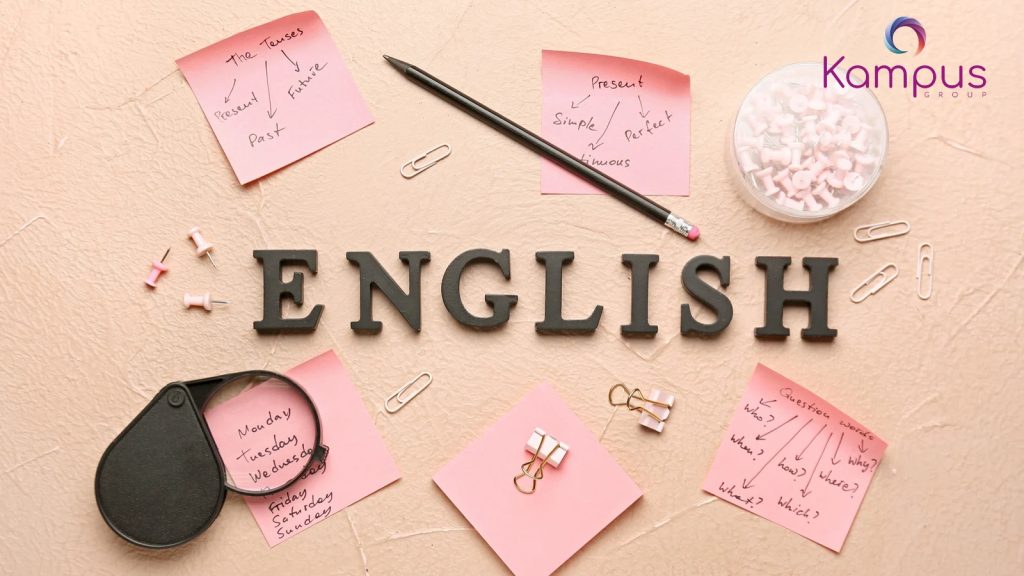Many English learners — and even native speakers — often struggle with when to use who and when to use whom. But don’t worry — once you understand a few simple rules, you’ll be using them confidently in no time! In this guide, we’ll break it all down with clear explanations, useful examples, a fun quiz, and answers to common questions.
What’s the Difference Between Who and Whom?
The key difference comes down to how these words function in a sentence:
- Who is a subject pronoun (like he, she, or they) — it performs the action.
- Whom is an object pronoun (like him, her, or them) — it receives the action.
Example:
Who called you? (He/She called you.)
You met whom at the party? (You met him/her.)
Use who when referring to the subject of a sentence (the person doing something).
Use whom when referring to the object of a verb or a preposition (the person receiving the action).
The “He/She vs Him/Her” Test
When unsure, replace who/whom with he/she or him/her and see what sounds correct:
If he or she fits, use who.
If him or her fits, use whom.
Situations Where You Must Use Whom
There’s one case where you should always use whom — after a preposition (such as to, with, for, about):
To whom should I send this letter?
The person with whom I spoke was very helpful.
Examples of Who vs Whom
Correct use of Who:
This is who warned me. (He/She warned me — subject)
Jack is the one who wants to travel. (He/She wants to travel — subject)
I wonder who made that decision. (He/She made it — subject)
I know who your friend is. (He/She is your friend — subject)
Correct use of Whom:
With whom am I speaking? (I am speaking with him/her — object)
To whom it may concern. (This concerns him/her — object)
We invited several guests, one of whom is a famous chef. (One of them — object)
She didn’t know much about the man with whom she was working. (She was working with him — object)
Quiz: Who or Whom?
Choose the correct word in each sentence:
- Who/Whom is paying for dinner?
- He saw a man who/whom he thought was the manager.
- She spoke to a client who/whom she admired.
- Who/Whom wants to volunteer?
- This is the friend who/whom I told you about.
- To who/whom were you speaking just now?
- That’s the actor who/whom starred in the movie.
- I met a writer with who/whom I collaborated last year.
The Advanced Who vs Whom
Sometimes, sentences can get tricky — especially when clauses are involved. Let’s look at this example:
A group of friends went out, one of whom was celebrating a birthday.
Why whom?
- The phrase “one of whom” is an object — the birthday boy was one of them.
- If you said “one of who,” it would sound wrong, because “one of he” or “one of she” doesn’t work.
Quiz Answers
- Who
- Whom
- Whom
- Who
- Whom
- Whom
- Who
- Whom
FAQ: Who vs Whom
Q1: Is it wrong to use who instead of whom in casual speech?
A: In everyday conversation, native speakers often use who even when whom is technically correct — especially at the beginning of a sentence. However, in writing (especially for formal or academic contexts like IELTS essays), using whom correctly will make your grammar stand out.
Q2: Is whom becoming old-fashioned?
A: Not exactly — it’s still correct and useful in formal writing and when following a preposition (to whom, with whom). In casual speech, who is more common, but for exams or professional settings, knowing how to use whom is still important.
Q3: How can I quickly tell if I need whom in a sentence?
A: Do the simple he/she vs him/her test! If him/her fits, use whom. If he/she fits, use who.
Q4: Why is this important for IELTS?
A: Correct grammar, especially with tricky words like who and whom, helps boost your IELTS Writing and Speaking scores. It shows strong command of complex sentence structures and formal grammar.
Q5: Are there exceptions to these rules?
A: The biggest “exception” is that in casual spoken English, whom is often skipped — but for formal writing (academic essays, IELTS, emails, business), always follow the rules we’ve shown you!

